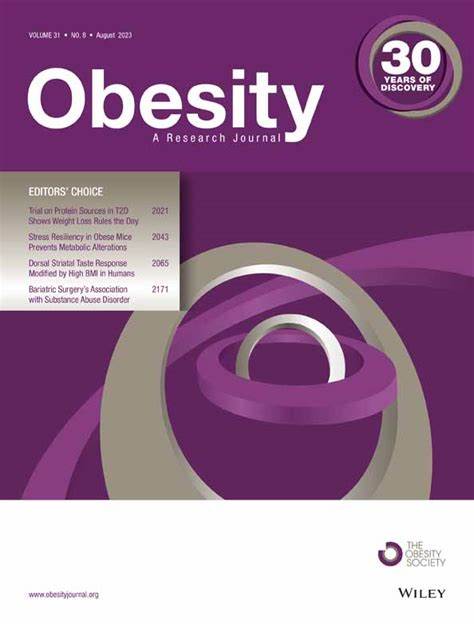This systematic scoping review aimed to map and synthesize research on feasibility of time-restricted eating (TRE) in individuals with overweight, obesity, prediabetes, or type 2 diabetes, including recruitment rate, retention rate, safety, adherence, and participants' attitudes, experiences, and perspectives.
The authors searched MEDLINE, Embase, and Cumulative Index to Nursing and Allied Health Literature from inception to November 22, 2022, supplemented by backward and forward citation search.
From 4219 identified records, 28 studies were included. In general, recruitment was easy and median retention rate was 95% among studies with <12 weeks duration and 89% among studies ≥12 weeks. Median (range) adherence to the target eating window for studies <12 and ≥12 weeks was 89% (75%–98%) and 81% (47%–93%), respectively. Variation in adherence among participants and studies was considerable, indicating that following TRE was difficult for some people and that intervention conditions influenced adherence. These findings were supported by qualitative data synthetized from seven studies, and determinants of adherence included calorie-free beverages outside the eating window, provision of support, and influence on the eating window. No serious adverse events were reported.
TRE is implementable, acceptable, and safe in populations with overweight, obesity, prediabetes, or type 2 diabetes, but it should be accompanied by support and options for individual adjustments.


